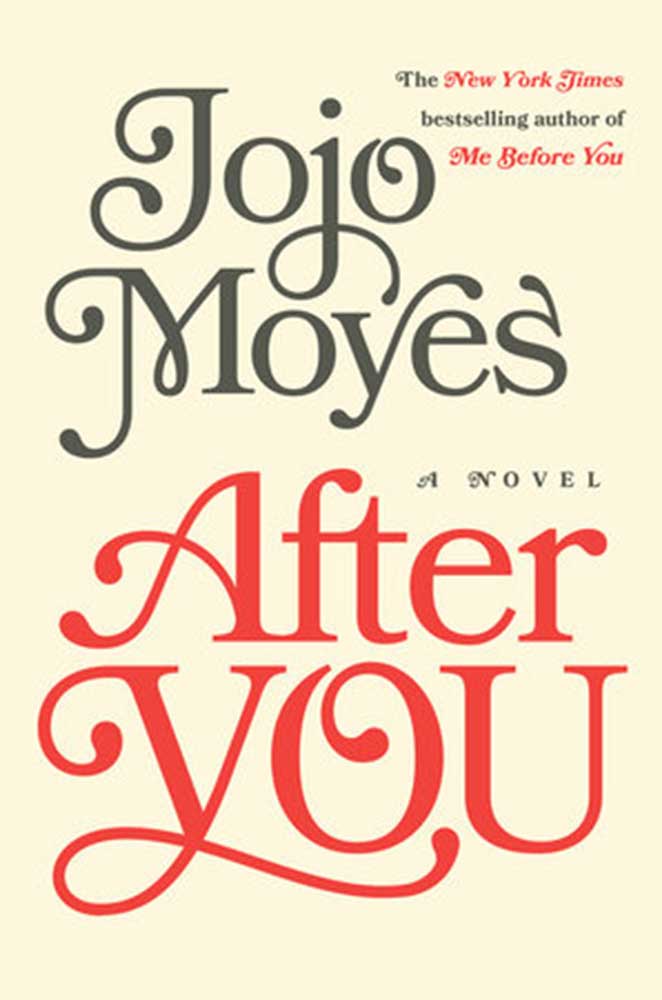A sequel worth writing
Published 12:00 am Sunday, October 4, 2015

- Jojo Moyes "After You" is the sequel to "Me Before You." (Photo courtesy Pamela Dorman Books/TNS)
“After You” by Jojo Moyes (Pamela Dorman Books/Viking, 352 pages, $26.95)
The agile Jojo Moyes can make you laugh or make you cry, and in her novel “Me Before You,” she hit both ends of the emotional spectrum (don’t lie — you know you wept, possibly in loud, gushing sobs the way I did).
The same can be said of “After You,” the sequel Moyes says she never planned to write. “Me Before You” — about working-class Louisa Clark, who gets a job taking care of wealthy, embittered quadriplegic Will Traynor — didn’t exactly require a sequel. But Moyes made a good decision when she decided to provide one anyway. Sometimes sequels just ruin a good thing, but Moyes has more than enough material to continue the story.
Like its predecessor, “After You” is a comic and breezy novel that also tackles bigger, more difficult subjects, in this case grief and moving on. In the wake of the events of “Me Before You” — and yes, you will need to read that book first — Louisa is foundering. She has finally gotten the gumption to move out of her parents’ house in the small English village where she grew up and into a flat in London. But the place is more hotel than home: Louisa hasn’t bothered to fill it with personal touches.
She attends a Moving On support group, but she’s not moving on. She dresses drably, ignoring her usual outlandish wardrobe. She works at a lousy job in a cheesy airport bar and keeps her family — and thoughts of the future — at arm’s length.
But life has a way of making you pay attention, whether you want it to or not. An unexpected accident sends a banged-up Lou back to her parents.
Funny thing, though. The accident is only the first in a series of events that will force her to confront everything she’s trying hard to get past: Will, his parents and hers, her own inability to carve out a better life.
Moyes gets a lot of comic mileage out of misunderstandings, and she keeps the pace brisk. Naturally, she throws in a hunky love interest, a paramedic named Sam, but like she did in “One Plus One,” she’s crafty about the roadblocks she puts in true love’s way.
And if she oversteps a bit in the highly charged climax that finally pushes Lou into recovery, for the most part, she writes about sorrow with compassion. “Sometimes I felt as if we were all wading around in grief, reluctant to admit to others how far we were waving or drowning,” Lou muses.
We all lose what we love at some point, but in her poignant, funny way, Moyes reminds us that even if it’s not always happy, there is an ever after.






